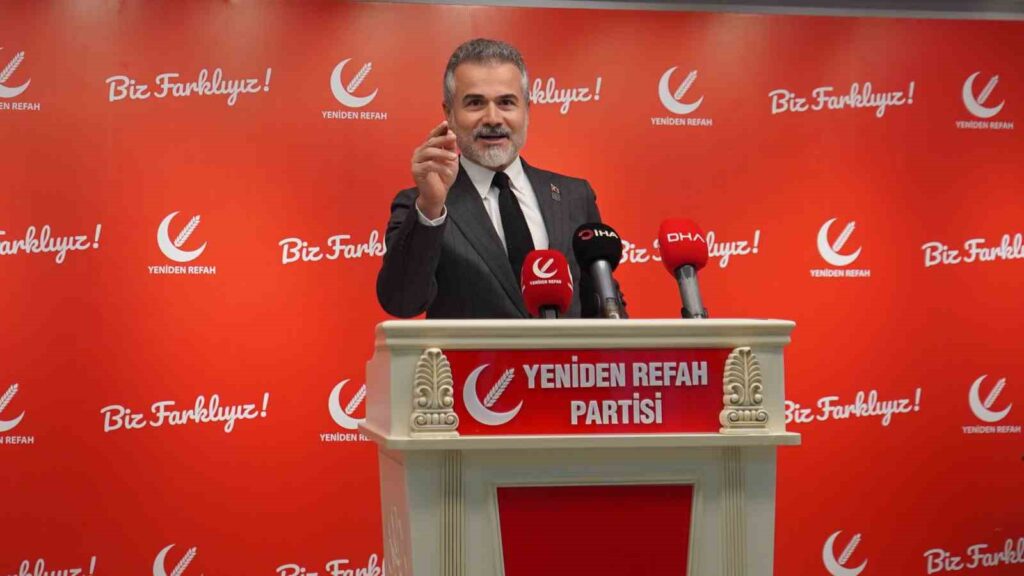Denizli deputy Ün criticized the newborn baby gang.
Denizli Deputy Sema Silkin Ün made strong statements regarding the ‘Newborn Gang’, stating, “Unfortunately, the Newborn Gang is not an isolated gang, but a parallel health organization that has arisen from the subcontracting in healthcare.”

Denizli Deputy Sema Silkin Ün made harsh statements regarding the ‘Newborn Gang’, stating, “Unfortunately, the Newborn Gang is not a separate gang, but a parallel healthcare organization born out of subcontracting in health.”
Denizli Deputy Sema Silkin Ün made statements about the ‘Newborn Gang’ from the podium of the Grand National Assembly of Turkey (TBMM). Emphasizing that the painful events and infant deaths have once again revealed the distortions and errors in the healthcare system, Deputy Sema Silkin Ün said, “The most despicable gang formation that can be observed in the healthcare system has been put before the country. Licenses were granted to private hospitals as if they were taxi licenses. At the core of the issue is an economic system that commodifies human life, a subcontracting system that we have discovered with a deep appetite to lead the world. With this system, you grant licenses to private hospitals as if giving taxi plates, which then transfer their units to other companies for profit. The same subcontracting firm takes on the responsibility of 10 more hospitals, subcontracting the dialysis, intensive care, and newborn services of hospitals as if bidding for bridges and airports. The gang we are talking about is actually one of these subcontractors. Unfortunately, the Newborn Gang is not an individual gang but a parallel healthcare organization born out of subcontracting in health. It has removed the healthcare sector from public control and placed it in the hands of capital. This system is a commercial model that is established completely focused on trade by having doctors set up companies to operate these departments rather than employing salaried doctors. This commercial model fuels a profit system based on bed occupancy rates, leading to infants being kept in intensive care without medical necessity, and we are not only paying for this commercial order with inflation and interest but also with the lives of our children and infants.”
“Most intensive care beds are in private hospitals”
Stating that while 30% of the total bed capacity in hospitals in Turkey should consist of intensive care beds, in some private hospitals this ratio has risen to 65%, Deputy Ün remarked, “Most of our patient beds are in public and university hospitals, but most of the intensive care beds are in private hospitals. In newborns, which are the most sensitive, there are 4,738 beds in the state compared to 7,248 in the private sector, meaning there are twice as many newborn intensive care beds in the private sector as in the state. It seems that our massive city hospitals do not serve the same massive function when it comes to meeting newborn needs. Why are newborn care services not being increased in our city hospitals and public hospitals? In 2017, officials from the Ministry of Health and the Turkish Perinatology Association conducted unannounced visits to hospitals and reported the problems that have emerged today, as well as the deficiencies in our healthcare system. Unfortunately, these reports are not taken into account. This scandal is revealed not through inspections but through a complaint made by a family to CIMER. The discoveries revealed in the investigations show that it has not only been limited to 2023 but has also uncovered many cases extending to previous years and different provinces. Public hospitals, which can directly risk human life, must never be left to the mercy of the private sector.”







